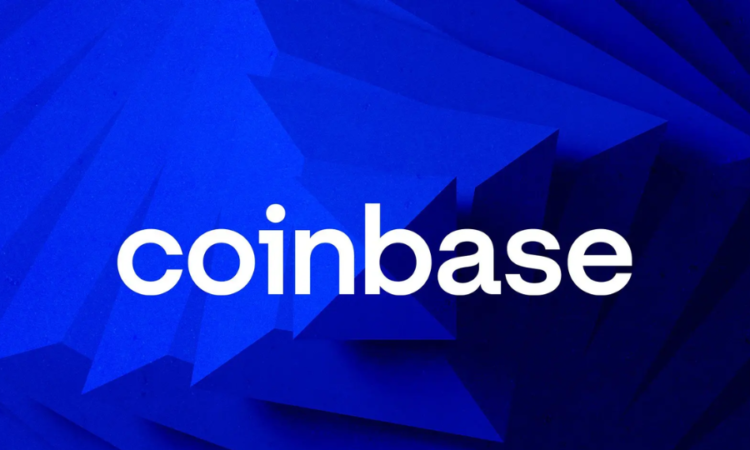Coinbase prepares for important acquisition that will enable it to introduce cryptocurrency derivatives in EU


Coinbase confirmed that it has entered into an agreement to purchase an undisclosed holding company with a Mifid II license.
Coinbase intends to provide crypto-linked futures in the European Union, and it intends to purchase a company with the necessary license.
The cryptocurrency exchange in the United States stated that it has agreed to buy an undisclosed holding company with a MiFID II license.
The EU’s new laws governing financial instruments are referred to as MiFID II. In 2017, the EU revised the Act in response to criticism that it was too focused on equities and ignored other asset classes such as fixed income, derivatives, and currencies.
It is part of Coinbase’s long-standing goal to assist professional and institutional customers.
Over the last three years, the company, which was founded 12 years ago, has sought to expand its offering to institutions like hedge funds and high-frequency trading organizations, hoping to capitalize on the significantly larger transaction sizes of these types of traders.
If and when Coinbase completes the transaction, it will be the company’s first foray into futures trading in the EU.
With a MiFID II license, Coinbase will be allowed to begin offering regulated derivatives in the EU, including futures and options. Already, the organization provides spot trading in bitcoin and other cryptocurrencies.
The transaction is subject to regulatory approval, and Coinbase anticipates that it will close later in 2024.
“This license would help to expand access to our derivatives products by allowing Coinbase to offer them to eligible European customers in select countries across the EU,” Coinbase stated.
“As the industry leader in trusted, compliant products and services, we aim for the highest standards for regulatory compliance, and before operationalizing any license or serving any users, this entity must achieve our five-point global compliance standard.”
Coinbase stated that it would strive to conform to stringent compliance rules imposed in the EU, including those relating to money laundering, client transparency, and sanctions.
The corporation stated that it is dedicated to ensuring a five-point worldwide compliance standard, which will be supported by a staff of over 400 individuals with prior experience at agencies such as the FBI and the Department of Justice.
“We have a long road ahead before finalizing the acquisition and operationalizing the EU MiFID licensed entity, but this is an exciting step forward in our efforts to expand access to our international derivatives offerings and bring a more global and open financial system to 1 billion people around the world,” the company stated.
Derivatives may be an important battleground for Coinbase. According to the business, derivatives account for 75% of all cryptocurrency trading volumes. Coinbase has a long way to go before it can compete with its larger rival Binance, which is a major player in the market for crypto-linked futures, as well as firms such as Bybit, OKX, and Deribit.
Binance had a trading volume of more than $56.6 billion in futures contracts in the previous 24 hours, according to CoinGecko data. This is far greater than the volume handled by Coinbase. In the last 24 hours, its international derivatives market handled $300 million in futures trading volume.
Coinbase presently trades bitcoin futures and ether futures in the United States, as well as bitcoin futures, ether futures, “nano” ether futures, and West Texas Intermediate crude oil futures in markets other than the United States.
Derivatives are a type of financial instrument whose value is determined by the performance of an underlying asset.
Futures are derivatives that allow investors to bet on the value of an asset at a later date. Given the notoriously volatile nature of cryptocurrencies like bitcoin and the use of leverage, which can greatly magnify gains and losses, they are often seen as riskier than spot markets in digital assets.
In May, the business made its first foray into derivatives by launching an international derivatives exchange in Bermuda. After getting regulatory clearance from the National Futures Association, the business launched crypto derivatives in the United States in November.
Coinbase explored acquiring FTX Europe, the European company of the now-defunct crypto exchange, but later dropped the proposal.
In May, the company launched its first entry into derivatives by establishing a global derivatives exchange in Bermuda. In November, the company introduced crypto derivatives in the United States after receiving regulatory approval from the National Futures Association. Coinbase considered acquiring FTX Europe, the European subsidiary of the now-defunct crypto exchange, but rejected the idea.
Coinbase has also recently received a virtual asset service provider license from France, allowing it to handle custody and trading in crypto assets in the country.
Also read: Transforming Developer Productivity and Organizational Dynamics in this AI Revolution
Do Follow: CIO News LinkedIn Account | CIO News Facebook | CIO News Youtube | CIO News Twitter
About us:
CIO News, a proprietary of Mercadeo, produces award-winning content and resources for IT leaders across any industry through print articles and recorded video interviews on topics in the technology sector such as Digital Transformation, Artificial Intelligence (AI), Machine Learning (ML), Cloud, Robotics, Cyber-security, Data, Analytics, SOC, SASE, among other technology topics.






